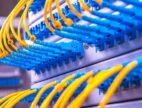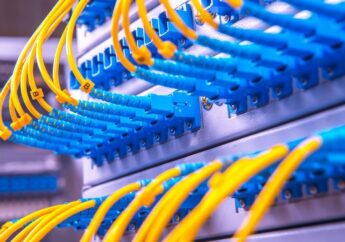What Makes Public Wi-Fi Vulnerable To Attack and How To Stay Safe
by Mashum Mollah Information Technology Published on: 16 March 2017 Last Updated on: 30 April 2019

We all love free things. Especially when we can use them as tools to greater benefits. One of them is free WiFi offered today by many public and private individuals. What we don’t know is that this free WiFi has many risks. Whether you are a user or a provider of free WiFi, the risks are imminent. You can, however, use the tools offered by SD WAN and others to have reliable public WiFi for yourself and your users. We deal with a few of the reasons and how you can keep your data (and identity) safe when using or providing public WiFi.
The WiFi Maybe Rogue:
There are some people who are so evil they decide to set up free Hotspots just to get their next victims. These sites can various names that appear fishy from the onset. Others have devised the crooked method of using the names of known nearby locations such as McDonald’s and others. Others go to the extent of using the man-in-the-middle (MITM) attack on your web traffic. To do this, they simply place themselves between the actual public network and your web sessions to have control over your browsing. The passwords you enter are viable to them and so is everything else. The can thus perform any crooked activity they want with your account.
Poor Encryption:
Initially, WiFi networks were being protected by the Wireless Encryption Protocol (WEP). However, it was found to be very weak and could be hacked into even by amateur hackers. This led to a new encryption protocol called the WiFi Protected Access (WPA). This protocol was still found to be faulty given that it could be breached with simple tools. If the public network you are using is being ‘protected’ using this method, you are at risk of being hacked.
How to Stay Safe:
This does not mean that you should cower from the use of public location WiFi. With the tips below, you can use them without fear.
Here they are;
- Avoid using public networks with sensitive or private information. Use them only to get the directions or use Google to win a bet and such. Anything else should be done on a more secure private network.
- Use a VPN to surf the net when on a public network. This will keep you safe from people who use the network to access your data. Keep in mind that a VPN is meant to keep your browsing private from the bad guys.
- Given the option, only go for https sites and keep off HTTP ones. These ones can be seen before the web address of the site you need to visit. To put it shortly, the ‘s’ in https stands for ‘secure’ meaning that the use of this protocol makes it safer to use the net.
With the tips above (and many more), you can be sure that your WiFi sessions are secure and thus surf without fear.
Read Also:






































































































